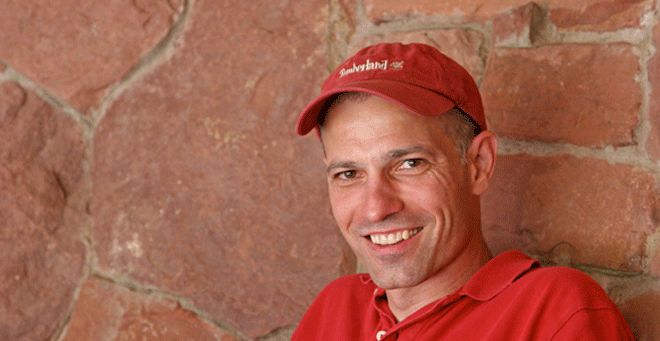
|
Gregory J. Pazour, PhD, professor of molecular medicine, is one of 16 scientists named a 2019 fellow of the American Society for Cell Biology.
Election as a fellow is an honor bestowed upon ASCB members by their peers. Fellows are recognized for their meritorious efforts to advance cell biology and its applications and for their service to ASCB. Dr. Pazour will be among the new cohort of ASCB fellows to be formally recognized at the annual meeting in Washington, D.C., in December.
“It is an honor to join this distinguished group of cell biologists,” said Pazour.
An expert in cilia function and assembly, Pazour was the first to draw an unexpected link between cilia dysfunction and polycystic kidney disease (PKD). This disease affects more than 12 million people worldwide and is a major cause of end stage renal disease. Cilia are short, hair-like appendages that project from cells. Prior to Pazour’s work, which was carried out in collaboration with George B. Witman, PhD, the George F. Booth Chair in the Basic Sciences and professor of radiology at UMass Medical School, and colleagues at Yale University, primary cilia were thought to be vestigial with no function. It is now recognized that these organelles act as important sensory antennae allowing cells to coordinate their behavior and physiology with neighboring cells and the environment. Since the first published association between cilia and PKD in 2000, cilia dysfunction has been identified in numerous other genetic diseases, including blindness, congenital heart disease, skeletal abnormalities and cognitive impairment. Collectively, these diseases are now known as ciliopathies.
Pazour came to UMass Medical School from the Worcester Foundation for Biomedical Research, where he was a postdoctoral fellow. He received his PhD in biochemistry from the University of Minnesota and undergraduate degrees in chemistry and biology from South Dakota State University.
Related stories on UMassMedNow:
Gregory Pazour receives Lillian Jean Kaplan International Prize
Thoru Pederson named fellow of the American Society for Cell Biology